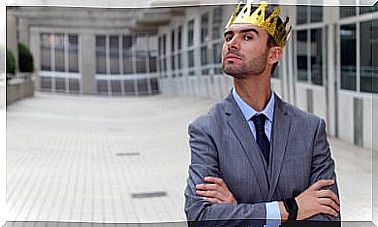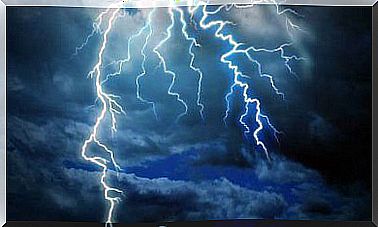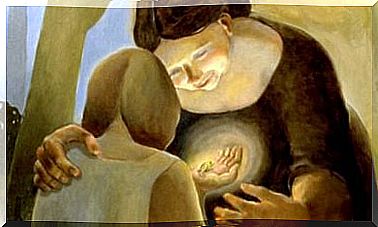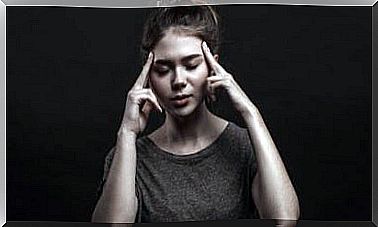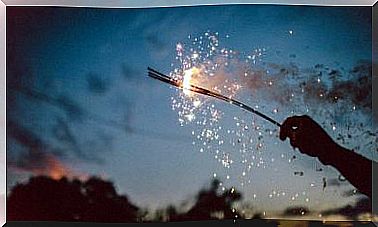Where Does The Motivation To Perform An Action Come From?

In general we have many desires, a motivation with infinite variations, that of living. We want to achieve many objectives, although to achieve them we need to perform behaviors. An example is found in the long and implausible list – for most mortals – of New Year’s resolutions. However, many of these activities are costly in terms of resources, which is why on many occasions we postpone them, postponing or renouncing the objectives in this way.
Psychologically, to start doing these activities, aimed at a goal, we need to be motivated. The theory of motivational preparation tells us that motivation will be determined by two essential components: the desire and the expectation to satisfy that desire.
The desire
Desire refers to an outcome that a person longs for at a given moment. These wishes can be of all kinds, material or symbolic, even mixed. Normally, these desires are activated by external pressures. If my desire is to get in shape, surely this desire arises from the social pressure that my environment exerts on me or because I believe that including physical activity in my routine will improve my sense of well-being.
Desire has two fundamental aspects: its content and its magnitude. The content refers to what the individual wants and the magnitude indicates how much they want it. Continuing with the previous example, the content would be to have an acceptable physical form and the magnitude would be how much I wish to have an acceptable physical form. Understanding that this how much is subjective (which for you can be a lot, for me it is little or vice versa) and variable (I can wish it a lot now and not so much in a while).
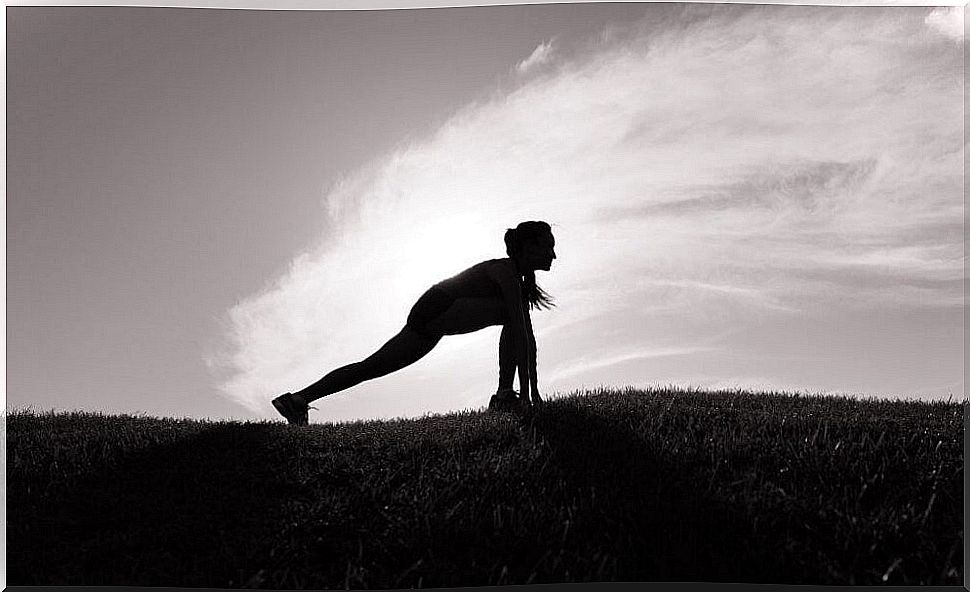
The expectations
On the other hand, the other component, the expectation, refers to the estimated probability that this desire will be satisfied. This probability can be attributed consciously or unconsciously and it will depend on experience. If on other occasions we set out to get in shape and we don’t get it, the expectation of getting it will be low.
However, this probabilistic estimate can also depend on social influence. If our friends trust that we can achieve it, our expectations will be higher. Other factors can also influence such as how optimistic we are or the price we have to pay in case of not meeting the objective; a bet, for example.
Between expectation and desire, desire is the most important. Although the expectation is great, if there is no desire, we will not start the necessary activities to achieve a goal. Although, if the desire exists, the higher the expectations, the more likely it is that we will try to satisfy that desire.
The formation of objectives or goals
For our desire to become a goal we have to commit to that desire. For this, the desire and expectations have to be high. If we do not commit ourselves to a wish, it may be favorable but not enough to try to achieve it.
Both desires and expectations will determine the degree of motivational preparation, whether we commit or not. To become committed, the level of desire and expectations must exceed a threshold. If either of the two does not exceed that threshold, the desire is not going to become a goal.
Motivational preparation
Thus, if the magnitude of a desire is not sufficient to exceed the threshold of commitment, that desire will not be a target. Returning to the aforementioned example of physical fitness, if the desire to be in good shape and the expectation that we can achieve it do not lead us to commit ourselves, being in good shape will not be our goal for the new year.
In short, if we have New Year’s wishes that we want to fulfill, it is essential that these wishes are strong so that they become objectives. For this it is necessary that we trust that we can get them, for which the support of those close to us will help.
Once we commit ourselves and begin to carry out the activities necessary to satisfy those desires or achieve those objectives, the level of commitment must be maintained. To do this, the magnitude of desire and expectations must not decrease or, otherwise, the activity will cease.
